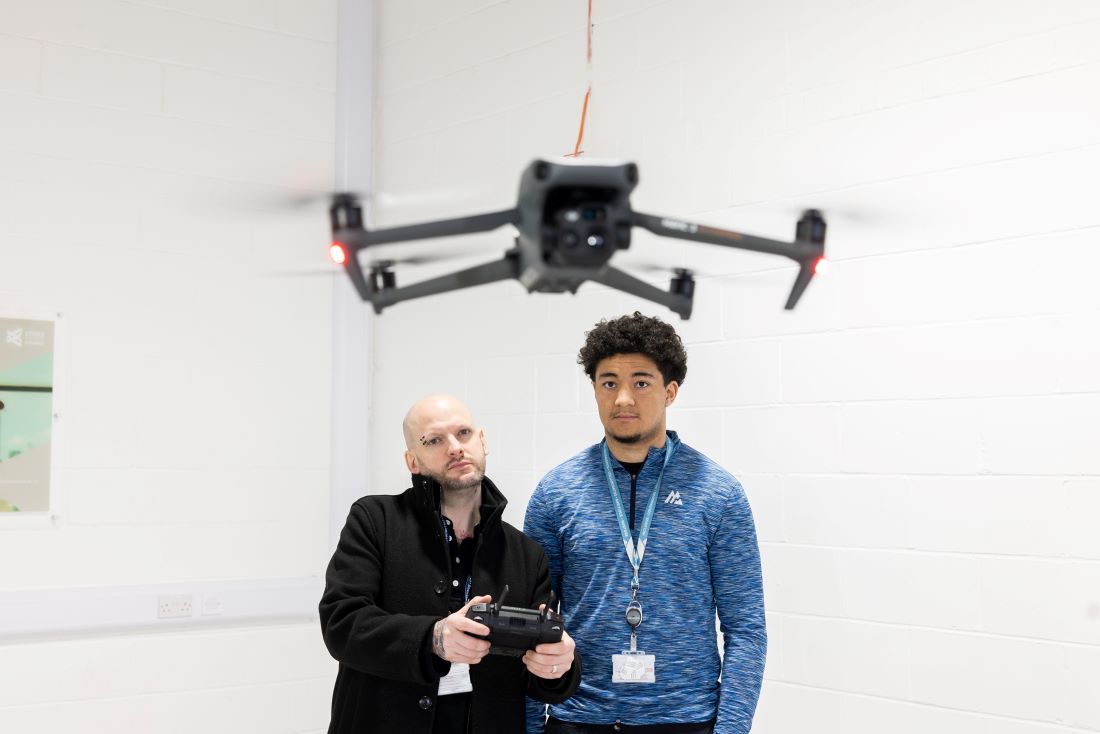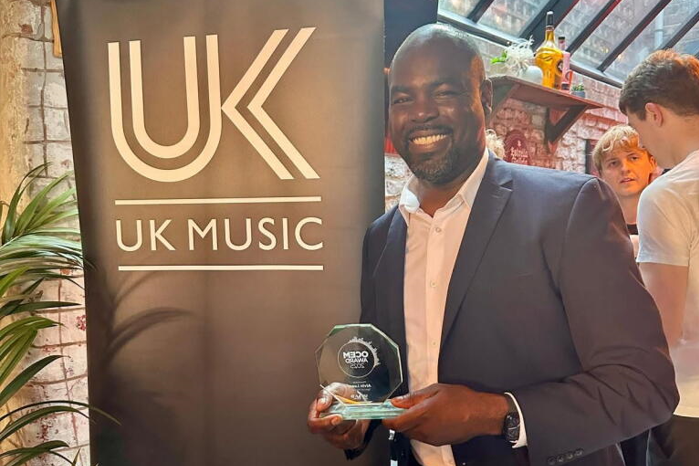When the Exam Results Dust Settles

Can you remember when you received your exam results at 16+? That sinking feeling in your stomach when you just know you could have worked harder and done better but things got in the way. Perhaps you were one of the lucky ones who sailed through education. We each have our own unique story to tell. But remember, today’s young people have overcome major disruption caused by the pandemic and they should all be proud of their achievements.
Watching today’s TV news, we see the selected most talented young people facing the camera to open their results envelope and share their news of top grades. Spare a thought for how this must feel for those students who didn’t achieve the results they expected or deserve. Also, those still waiting to receive their BTEC results must feel let down and deflated. The impact on their self-esteem, confidence and wellbeing should not be under-estimated.
We must build brighter futures for young people. Mental health and wellbeing amongst young people are big issues that need to be tackled. Careers Wales has made this a priority by training all its workforce to become more highly skilled in how they support individuals to adapt and prosper. In England, a major review of the reality of careers support available in local areas, particularly for those most in need, is essential. Let’s face it, those with less social and financial capital than others tell us career guidance is inadequate, piecemeal and usually left to chance. This is not the fault of hardworking teachers who often go the extra mile for their students. The education system will move on to its next new cohort of students starting in September 2022.
Failure rests on all our shoulders. Government despite their efforts to embed the Gatsby self-assessment benchmarks in all schools and colleges did not directly fund institutions to provide equitable and impartial careers provision. The energy crisis that schools and colleges face in the coming months is likely to result in more cuts to specialist services. There aren’t enough teachers, child psychologists, careers advisers and wellbeing specialists working in our schools and colleges. Parents feel the burden of responsibility to do their very best for their child, but who do they turn to for advice and guidance? Careers advisers have become a depleted resource in England (not so in the Celtic nations and across Europe) and those in the profession feel a sense of frustration and failure in often not being freely available or highly visible in local communities.
Lastly, researchers (like me and others) have failed to convince government to move beyond a fixation on Gatsby benchmarks. These benchmarks have done an excellent job since 2014, but 8 years on our education and skills system is still failing many young people, as well as parents and teachers. Robust evidence gathered from young people themselves tells us they want and need more careers support. Most are willing to engage in career learning beyond term time only. Those young people from disadvantaged backgrounds, who need most support, are struggling to get access to professional career guidance.
There will be no surprises in today’s news that regional differences show the gap widening between the rich and poor. It is more important than ever that investments in mental health, wellbeing and careers guidance directly benefit this generation and help close the skills gaps and shortages faced by our economy. Now is not the time to stay calm and carry on with the status quo. A culture change is needed and we all need to be part of a new movement advocating with and on behalf of young people and parents for better mental health, wellbeing and careers support services.
By Dr Deirdre Hughes OBE, UK, EU and International careers policy, research and practice specialist











Responses